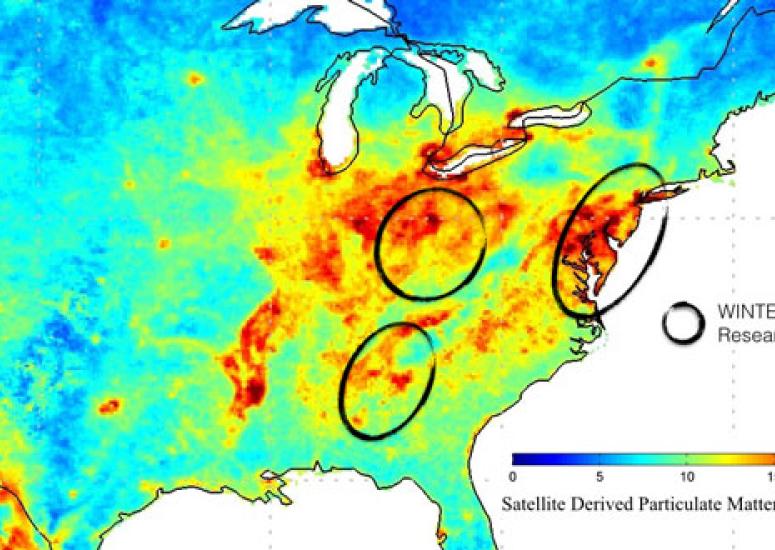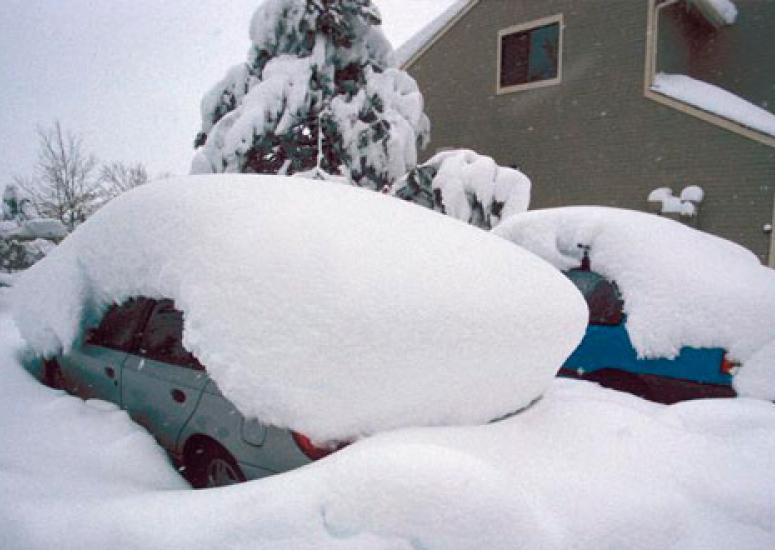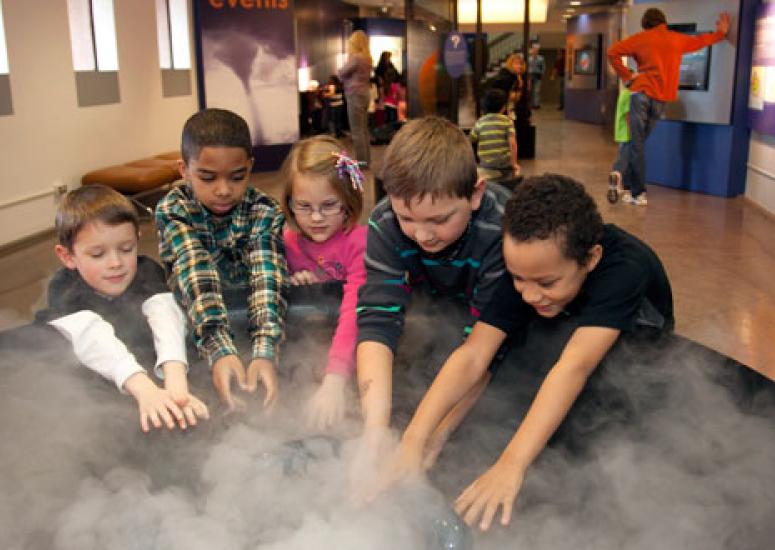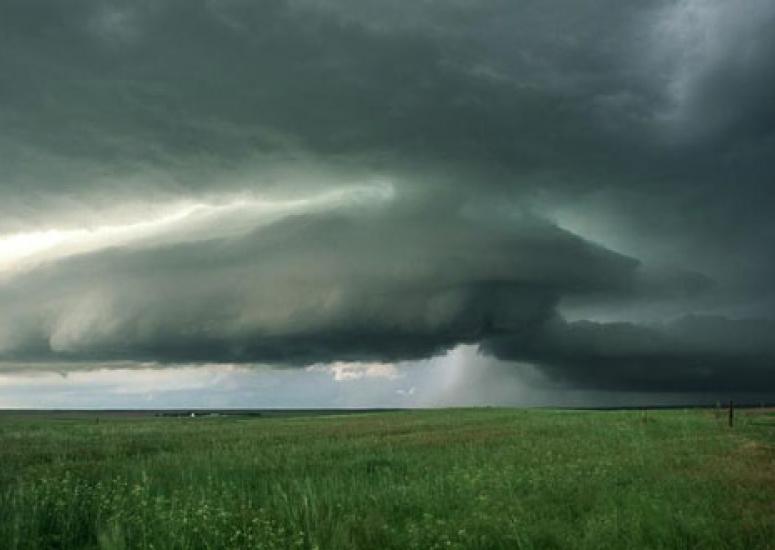-

Cold facts of air pollution
A major field project in the Eastern United States, supported by NCAR, seeks to better understand air pollution during winter.
- Air Quality
-

Snowfall measurement: a flaky history
Many storms from the 1980s or earlier would probably appear in the record as bigger storms if the observers had used currently accepted methodology.
- Weather
-

UCAR named a Smithsonian Institution Affiliate
The affiliation establishes a long-term collaboration between UCAR's science education center and the Smithsonian.
- Education + Outreach
-

What's behind urban heat islands?
Researchers are using specialized modeling techniques have learned how turbulence keeps the countryside cooler than urban areas on summer days.
- Climate
-

Not just rain: thunderstorms also pour down ozone
Scientists find unequivocal evidence that thunderstorms move ozone from the stratosphere down toward Earth's surface, affecting air quality and climate.
- Climate,
- Air Quality
